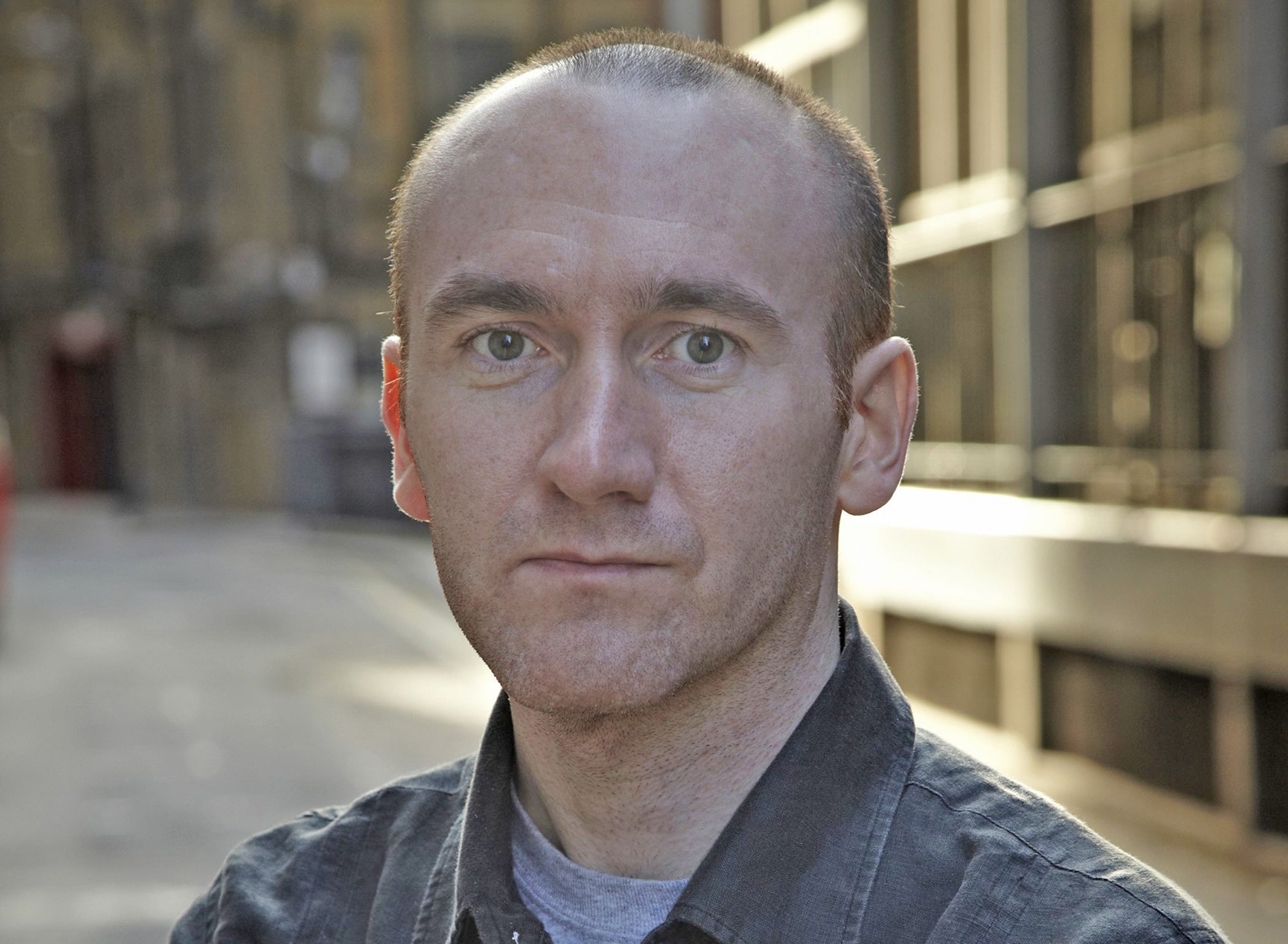Ios paperback review: Pigeon English, By Stephen Kelman
Setting the patois among the pigeons

Your support helps us to tell the story
From reproductive rights to climate change to Big Tech, The Independent is on the ground when the story is developing. Whether it's investigating the financials of Elon Musk's pro-Trump PAC or producing our latest documentary, 'The A Word', which shines a light on the American women fighting for reproductive rights, we know how important it is to parse out the facts from the messaging.
At such a critical moment in US history, we need reporters on the ground. Your donation allows us to keep sending journalists to speak to both sides of the story.
The Independent is trusted by Americans across the entire political spectrum. And unlike many other quality news outlets, we choose not to lock Americans out of our reporting and analysis with paywalls. We believe quality journalism should be available to everyone, paid for by those who can afford it.
Your support makes all the difference.Pigeon English is a reverse crossover novel – not a children's novel which turned out to be popular with adults with a taste for fantasy and nostalgia, but an adult novel which turned out to speak to kids too.
First published in 2011 and shortlisted for the Booker Prize, it's now been issued by Bloomsbury as a "Parental Advisory" novel for teenagers. They will find much to like. It's the first-person story of 11-year-old Harri Opoku, an immigrant from Ghana, living on a rough London council estate. It begins with the fatal stabbing of one of Harri's friends, and follows his attempts to solve the crime, aided by his mate Dean, along with his curious – and often comical – reflections on life, gangs, pigeons, sex, girls, trainers, England and the dodgy characters who live on his estate.
Kelman has captured that strange time when a child is on the cusp of puberty; both knowing and innocent, observant and naive. Harri's language is a rich stew of black London street slang, Standard English and Ghanaian expressions (while reading this I kept wanting to say "Advise yourself" to people I disagreed with).
The story was inspired by the death in November 2000 of Damilola Taylor, and, while it's a sad – indeed tragic – story (don't look for a happy ending here), it is full of life and energy, and is often very funny. It reminded me, by a curious coincidence, of another brilliant novel for adults about childhood by another author with the same surname: James Kelman's Kieron Smith, Boy.
Join our commenting forum
Join thought-provoking conversations, follow other Independent readers and see their replies
Comments